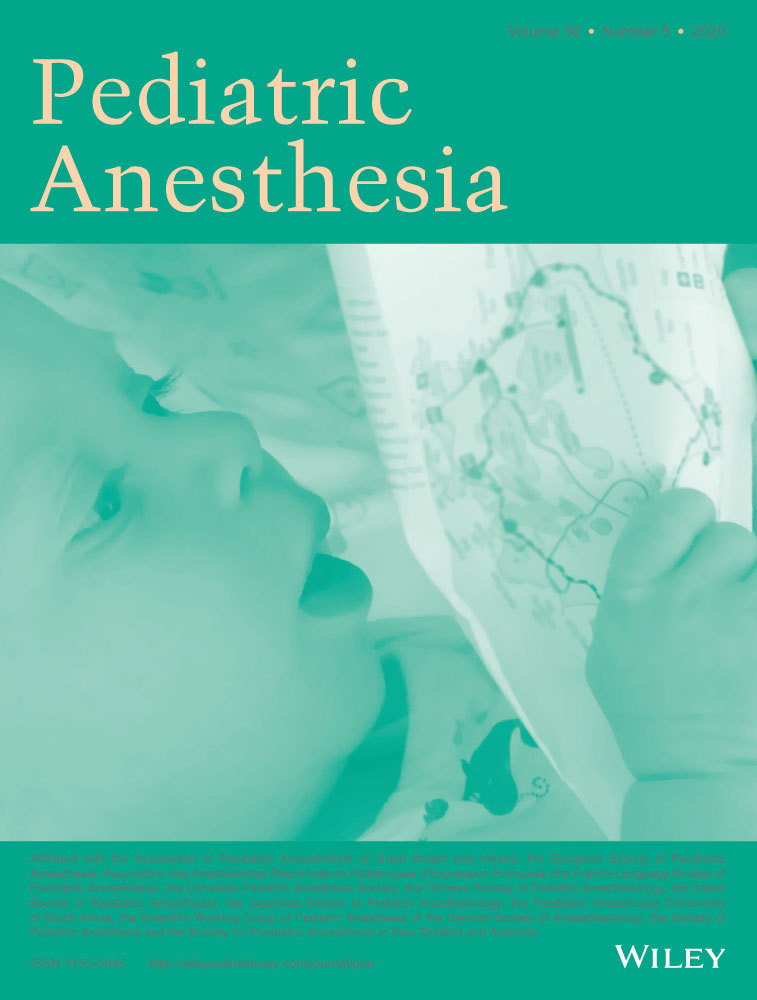The use of prothrombin complex concentrate as a warfarin reversal agent in pediatric patients undergoing orthotopic heart transplantation
Abstract
Background
Patients supported with a ventricular assist device are predisposed to severe bleeding at the time of orthotopic heart transplant due to several risk factors including anticoagulation with vitamin K antagonists. Kcentra, a four-factor prothrombin complex concentrate, has been approved by the FDA for warfarin reversal in adults prior to urgent surgery. There is a lack of published data on the preoperative use of four-factor prothrombin complex concentrates in pediatric patients undergoing cardiacsurgery.
Methods
This is a single-center retrospective analysis of pediatric patients with a continuous-flow ventricular assist device who underwent heart transplant, comparing patients who received Kcentra for anticoagulation reversal with a historical patient cohort who did not. Consecutive patients from January 2013 to December 2017 were analyzed. The primary outcome was volume of blood product transfusion prior to cardiopulmonary bypass initiation. Secondary outcomes include blood product transfusion after cardiopulmonary bypass intraoperatively and up to 24 hours postoperatively, chest tube output within 24 hours of surgery, time to extubation, incidence of thromboembolism, and post-transplant length ofstay.
Results
From 2013 to 2017, 31 patients with continuous-flow ventricular assist devices underwent heart transplant, with 27 patients included in the analysis. Fifteen patients received Kcentra compared with 12 patients who received fresh-frozen plasma for anticoagulation reversal. Compared with the control group, patients who received Kcentra had less packed red blood cells, fresh-frozen plasma, and platelets transfused prior to cardiopulmonary bypass initiation. The Kcentra group also received less packed red blood cells on bypass and less packed red blood cells after cardiopulmonary bypass termination. There were no differences in chest tube output, time to extubation, intensive care unit length of stay, or overall hospital length of stay. Neither group had thromboembolic complications detected during the first seven postoperative days.
Conclusion
This small retrospective study indicates that preoperative warfarin reversal with Kcentra reduces blood product exposure in pediatric patients with ventricular assist devices undergoing heart transplant.
CONFLICTS OF INTEREST
The authors report no conflict of interest.




